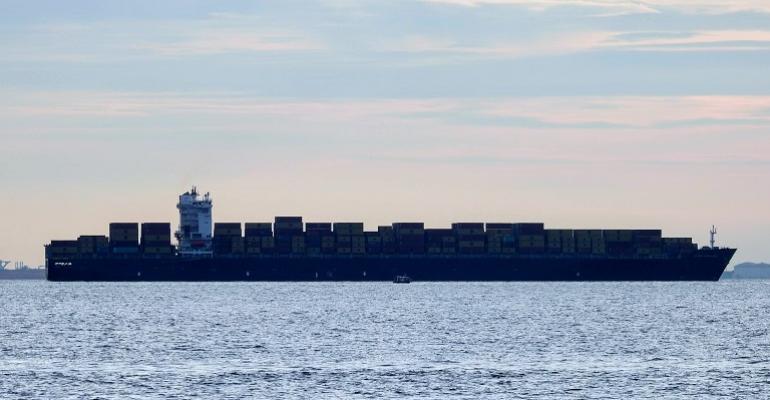The agency was seeking comments on a Notice of Proposed Rulemaking (NPRM) regarding ocean carriers’ “failure to deal.” The FMC has until mid-December, six months following the signing of OSRA 2022, to promulgate new regulations. The timeframe in which comments will be considered is a tight 30 days, basically through mid-October, depending on exactly when the NPRM is published in The Federal Register.
The FMC is dealing with new regulatory ground here. They say, in a release, that: “As the circumstances of each shipment are unique, the Commission acknowledges it is impossible to regulate for every possible scenario, and accordingly, cases alleging a violation will be factually driven and considered on a case-by-case basis.”
The proposed rules, which would apply to both import and export shipments, would require that cargo interests alleging that carriers have unreasonably refused to engage in discussions about vessel space would need to meet three tests:
1. That the respondent is an ocean common carrier;
2. That the respondent refuses to deal or negotiate with respect to vessel space
3. That the refusal is unreasonable.
The carriers can avail themselves of what the FMC calls a “burden shifting regime”; they can establish why it was not unreasonable to refuse vessel space to a particular cargo interest. But without a body of regulatory precedents, the FMC will need to carefully consider each complaint. The FMC suggests that the factors it will examine, before invoking the burden shifting, would be: whether the ocean common carrier followed a documented export strategy, engaged in good faith negotiations, and articulated legitimate transportation factors.
The path towards OSRA 2022 was heavily driven by US exporters, particularly in the agricultural sector, who had difficulties obtaining empty containers. This impetus is not lost on the writers of the NPRM, which includes the wording: “…a situation where an ocean common carrier categorically excludes US exports from its backhaul trip will create a presumption of an unreasonable refusal to deal.”
Readers can monitor progress on the NPRM, and read comments, by following “Docket No. 22-24” on the FMC’s website, at https://www2.fmc.gov/readingroom/
Copyright © 2024. All rights reserved. Seatrade, a trading name of Informa Markets (UK) Limited.
Add Seatrade Maritime News to your Google News feed.  |

